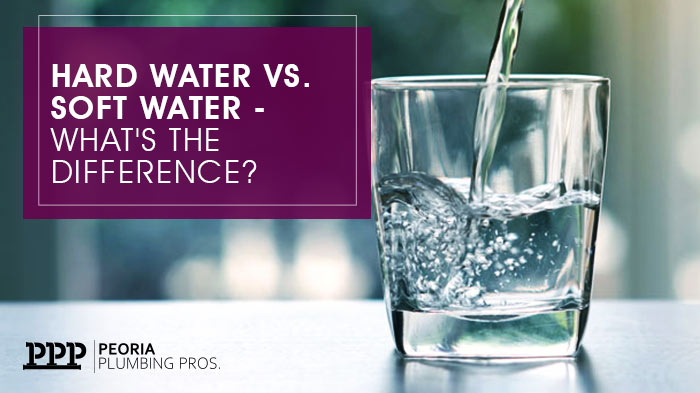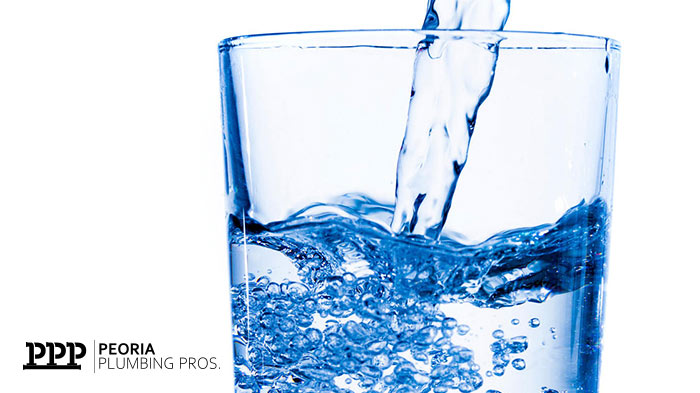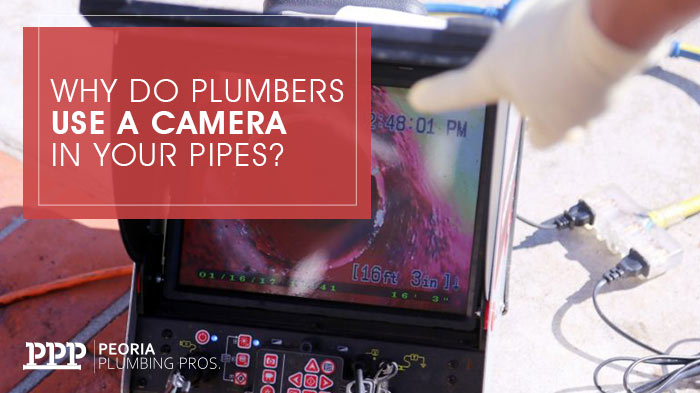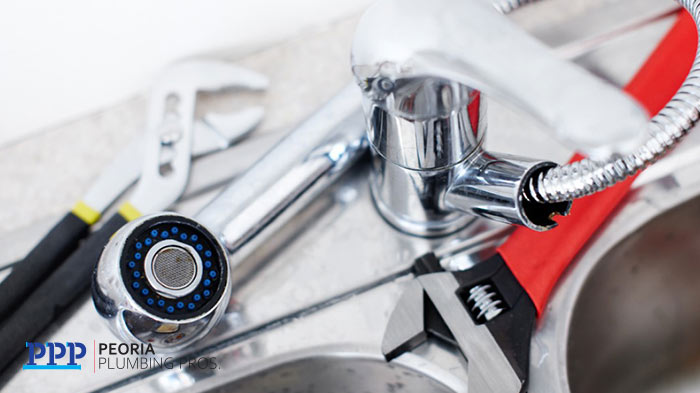

Hard water and soft water are terms that describe the mineral content in the water that comes through your faucets.
They each have their benefits and problems, and – in fact – it’s important to try to find a balance between the two so that you don’t have to deal with the results of either extreme.
That’s the reason many of our clients call us – to arrange for local plumbing repairs in their homes & businesses to reduce the effects of hard water.
What Is Hard Water?
Hard water is water that contains a lot of minerals, usually calcium, magnesium, lime and chalk; these are picked up from the ground around the waterways that feed into the system.
Hard water can cause scaling inside pipes and water heaters, which will slowly constrict the flow of water, kind of like cholesterol in your arteries.
What Is Soft Water?
Soft water has been treated so that all that’s left is sodium, and perhaps a few other trace elements; rainwater is also naturally-occurring soft water.
When your water is soft, it is more likely to deteriorate metal, reduce the effectiveness of chlorine, and stain concrete, vinyl or fiberglass.
How To Tell The Two Apart
To avoid the issues of hard water, it’s possible to get a device installed in your home that removes the calcium and magnesium.
So that you can decide which you find preferable and whether you need to look at treating your water, we’ve assembled some information for you below.

1. In The Kitchen
You’ll sometimes taste hard water, if the mineral content is high enough; though it’s usually not an unpleasant taste, some dislike this particular feature.
Interestingly, hard water is actually preferable for people with heart problems, circulatory problems or those on a low-sodium diet.
Soft water has had the calcium and magnesium removed (which do count toward what your body needs to function), but this process increases the sodium content.
When you have hard water, you’re way more likely to see spots on your glasses after they’ve dried, and the residue can make them not look as clean as with soft water.
If you treat your home’s water, you should actually be able to cut back your dish detergent by around 50%, and your glasses will be crystal clear when you’re done with them.
2. In Cleaning
Soft water is the reason your lather is so rich and frothy – but this could also cause you to spend more on soap.
Hard water can cause clothes to not be quite as soft, as well as appear duller, due to the mineral residue.
3. In The Bathroom
Hard water can be very noticeable in the bathroom, because there’s so much water flowing in there.
Often, shower curtains, bathtubs and tiles will seem to be covered in film and scum constantly, even after you’ve cleaned.
As you know from above, you’ll need more soap or chemicals to clean off the hard water residue, as well.
Soft water lathers so nicely and it will make your hair and skin seem brighter and more healthy.
Peoria’s Water)
Did you know you could access Peoria’s reporting for our municipal water system?
Your Peoria Plumbing Pros plumber will stay up to date on this information, but if you’re curious about the trace minerals and microbes that are being delivered to your home, this is an excellent place to start.
Contact Peoria Plumbing Pros
Call now to have one of our certified plumbing professionals come to your home and diagnose your water hardness (or softness) for you.
Peoria Plumbing Pros can recommend a course of action for you, which might include installing a hard water filter.
Get the level of comfort you want in your water – call Peoria Plumbing Pros now.









